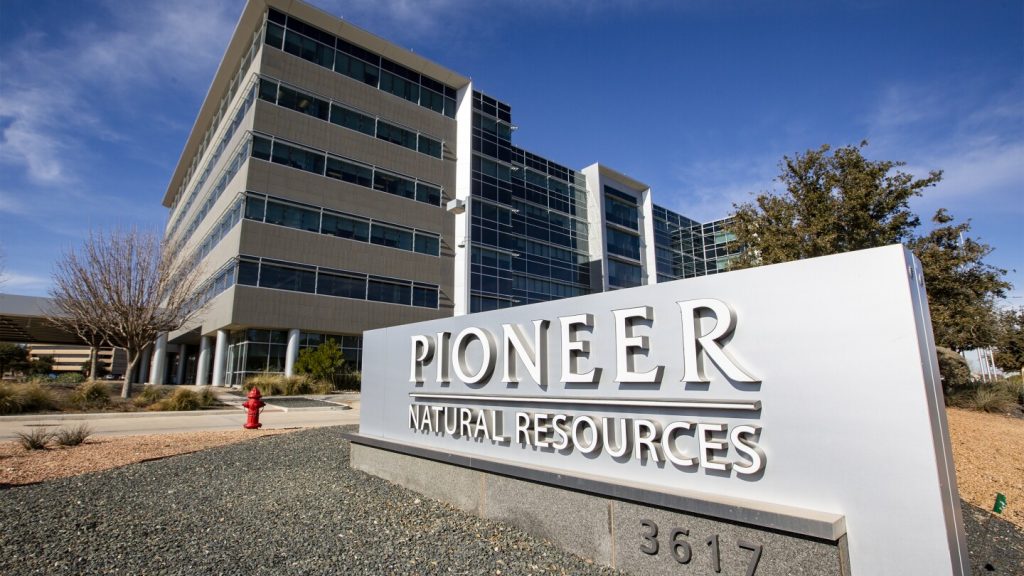The Federal Trade Commission has cleared Exxon Mobil’s $60 billion deal to acquire Pioneer Natural Resources, but with a restriction on former Pioneer CEO Scott Sheffield joining the new company’s board of directors. The FTC accused Sheffield of colluding with OPEC and OPEC+ to potentially raise crude oil prices. Despite Pioneer’s disagreement with the allegations, they will not obstruct the merger, which was announced in October 2023. Senate Majority Leader Chuck Schumer expressed disappointment with the FTC’s decision, comparing it to a similar situation 25 years ago with the Exxon and Mobil merger.
Concerns over the impact of the merger on oil prices and competition led 23 Democratic senators, including Schumer, to request an FTC investigation into both the Exxon-Pioneer deal and a separate merger between Chevron and Hess. The acquisition of Pioneer will significantly expand Exxon’s presence in the Permian Basin, a major oilfield spanning Texas and New Mexico. By combining Pioneer’s 850,000 net acres in the Midland Basin with Exxon’s 570,000 net acres in the Delaware and Midland Basin, the new company aims to streamline operations and reduce costs.
Exxon’s acquisition of Pioneer comes amid rising global demand for oil and increased competition in the energy sector. The deal will allow Exxon to strengthen its position in the Permian Basin and enhance its resource portfolio. However, the restrictions placed on former Pioneer CEO Sheffield highlight the regulatory scrutiny facing large mergers in the oil and gas industry. The FTC’s decision reflects ongoing concerns about market manipulation and anti-competitive practices in the energy sector.
The merger between Exxon and Pioneer is expected to create one of the largest oil and gas companies in the United States, with a strong presence in key oil-producing regions. The combined company will be better equipped to navigate the shifting dynamics of the energy market and capitalize on emerging opportunities. While the FTC’s decision may pose challenges for Exxon in terms of board composition and corporate governance, the potential benefits of the merger in terms of operational efficiency and market competitiveness outweigh these concerns.
As Exxon Mobil moves forward with the acquisition of Pioneer, it will need to address the regulatory obstacles and navigate the complex landscape of the oil and gas industry. The company’s ability to successfully integrate Pioneer’s assets and operations will be critical to realizing the full potential of the merger. Despite the controversy surrounding former Pioneer CEO Scott Sheffield, Exxon remains committed to expanding its footprint in the Permian Basin and consolidating its position as a leading player in the global energy market. The outcome of the merger is likely to have far-reaching implications for the industry and could reshape the competitive landscape of the oil and gas sector in the years to come.


